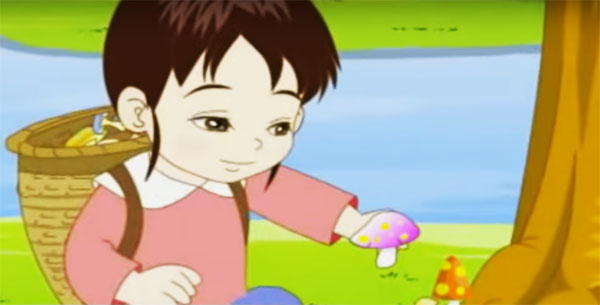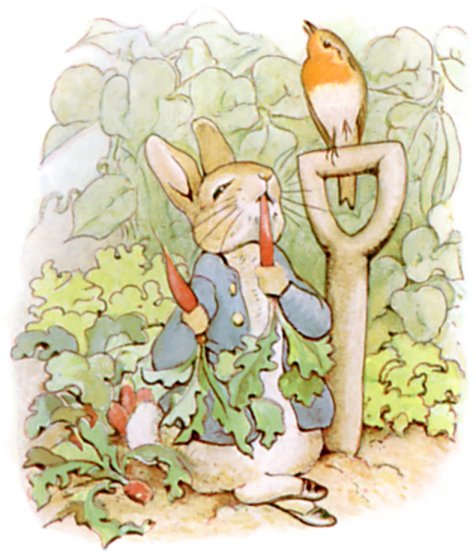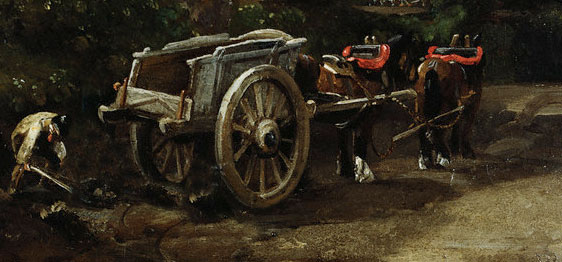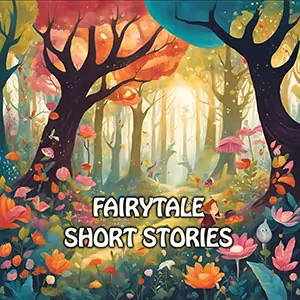Short Stories » The Necklace
Welcome to read this world-famous short story, The Necklace, written by the French writer Guy de Maupassant (1850-1890). This story is unique in the way the writer has cleverly arranged a twist at the end of story that leaves the reader with a sense of surprised anguish and pity for the protagonist. The story is followed by comprehension questions that will help you test your reading comprehension skills.
The Necklace
📢 Click the Play button to listen to this story aloud.
Mrs. Loisel was born into a poor family, but was endowed with great beauty. She was very ambitious. She envisioned herself as part of the highest level of French society. As she grew up, she was increasingly ashamed of her circumstances, but there was little she could do about it. Eventually, she was married to a clerk at the Ministry of Education.
One day, Mr. Loisel brought home an invitation to a ball, from the Minister of Education. When she looked at it, Mrs. Loisel was filled with sorrow. She sobbed, “I cannot come. I don’t even have a good dress to wear,” she wailed. Soon, Mr. Loisel bought her a dress with his savings.
Mrs. Loisel then said that the dress would look very plain without some jewelry. It was clear that her husband could not afford any. So, she went to a rich friend, Mrs. Forestier, who agreed to lend her a truly splendid diamond necklace.
Mrs. Loisel was the prettiest woman at the ball. All the important people admired her beauty. It was nearly 4 a.m. when they returned home. Then she made a terrible discovery: The necklace had disappeared! Their efforts to find it were in vain. It was gone, and they knew they had to buy another, to give to Mrs. Forestier.
Mr.Loisel went to a jewelry shop and found a necklace that looked exactly like the one that was lost. Its price was 36,000 francs. Mr. Loisel collected all his savings, and borrowed the rest from a friend at a high rate of interest. He bought the necklace, and gave it to Mrs. Forestier, who did not notice that this was a new necklace.
Then the Loisels settled down to pay the money that they had borrowed, to buy the necklace.
They dismissed their maid, and moved to a smaller house. Mrs. Loisel did all the rough household work. Her finger-nails were no longer pretty: She ruined them scrubbing dishes. She did all the washing and hung it out on the line to dry. Every morning, she emptied the rubbish bin herself, and fetched water up the stairs, getting out of breath frequently. She was dressed like a working woman, and haggled, argued and fought with the grocer and the butcher for every penny.
Mr. Loisel spent his evenings working at some shops, and at night he often copied papers at a few pennies per page.
This life went on for a few years. At the end of ten years, they had paid off every single penny. Mrs. Loisel now looked like an old and lowly woman. Her hair and dress were untidy, and her hands were rough and red.
One Sunday, she went for a walk in the Champs Elysees, and she caught sight of Mrs. Forestier, after all those years. She walked up to her, and said,
“Good morning, Jeanne.”
Mrs. Forestier did not recognize her. She said, “I am afraid I don’t know you. Do you know me? You must have made a mistake.”
“No, I am Mathilde Loisel.”
Mrs. Forestier was shocked.
“Oh, my poor dear Mathilde! What change has come over you!”
“Yes, I have had to go through some hard time. Remember the diamond necklace that I borrowed from you? I lost it.”
“What do you mean? You brought it back to me.”
“I did not give you back the one you gave me. What I brought back to you was another one that we bought. It was exactly like the original one. For the last ten years we have been busy paying for it. Surely, you can understand that it was not easy for us to buy a diamond necklace. However, it is all over now. It is such a relief that it is over.”
Mrs. Forestier stopped dead.
“You mean that you bought a diamond necklace to replace mine?”
“Yes, of course, and you never noticed it? They were certainly very similar.”
Mrs.Loisel smiled with pride and satisfaction, but Mrs. Forestier seized both her hands in great distress.
“Oh! My poor, dear Mathilde! Why, mine was only imitation. At the most it was worth only five hundred francs!”
Image courtesy: Just English Sdn Bhd
Reading Comprehension Worksheet-1 » Reading Comprehension Worksheet-2 »Was this article useful?
We’d love to hear from you! Share your valuable feedback and suggestions to help us improve your experience and serve you better.
❤️ If you’re happy with our website, please consider supporting us — Donate Now!
🌟 Or leave a positive review here to encourage our team!















